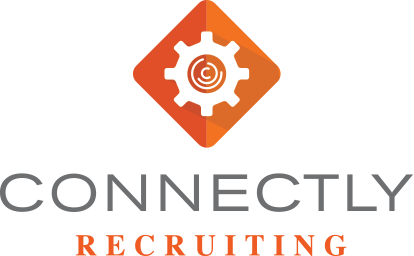Is recruiting different in a startup or small company? Are there ways to more effectively recruit and retain top talent in this type of environment? The short answer is, of course. Want to know more? Read on.
Our consulting firm works with many small and startup companies, and there is certainly not a “one size fits all approach” to doing so. As with anything, there are pros and cons and various challenges that might differ from recruiting strategies in a larger, more established company. However, some challenges remain the same. Being able to proactively develop a strategy to overcome these things, can make a huge difference in recruiting and retaining employees to impact the overall performance of your growing business.
What are the most common challenges that startups or small companies face?
Niche Skill Set or Limited Talented Pools – This aspect isn’t much different than recruiting with a larger company. At times, talent in the market place can be limited and it’s important to be open minded to creative and new strategies to find talent. This might be as simple as recruiting from outside of the area or ensuring the job description accurately defines the position. You may also want to present the value proposition of the company, utilize robust tools to identify talented candidates, and identify creative sourcing techniques to find the needle in the haystack.
Approach to Recruiting – Small or startup companies may not have the tools and resources that a larger company will have. It’s important to realize this as a leader trying to hire talent. It may be worth exploring a couple of creative options that can be piloted to gauge return on investment. Additionally, a robust interviewing process to assess not only skill levels, but also behavioral competency and motivational fit of a candidate, are key factors in selecting the best candidate for the position. Given the many hats leaders and other employees wear in these types of organizations, it might be worth leveraging external recruiting help until these investments can be justified in house.
Employee Value Proposition (EVP) – What is the EVP? According to Wikipedia, “employee value proposition (EVP) (or employer value proposition) is defined as a set of associations and offerings provided by an organization in return for the skills, capabilities and experiences an employee brings to the organization. The EVP is an employee-centered approach that is aligned to existing, integrated workforce planningstrategies because it has been informed by existing employees and the external target audience. An EVP must be unique, relevant and compelling if it is to act as a key driver of talent attraction, engagement and retention”.
There is something great that is offered. Sometimes companies, especially those that are just starting up, may not take a methodical approach to this area in the selection process, resulting in additional challenges with recruiting. Defining what the EVP is – everything that excites those employees who align well with your company and culture is important. It can be attractive to candidates upfront, when you can paint this picture and a “realistic job preview” to candidates. It might entice them to consider joining your growing team (it also might not be attractive as others, and might help to filter out those candidates who are not right for your organization). Being methodical about defining the EVP, leveraging it to attract talent, and then assessing candidates to ensure that their values and motivations align well with what you have to offer, are all important areas to focus on during the selection process to identify top performers who will be retained long term.
Interested in learning more? Check out the article published by Louisiana Technology Park, featuring Connectly Recruiting with some best practices for Recruiting Basics for a Startup or Small Company






